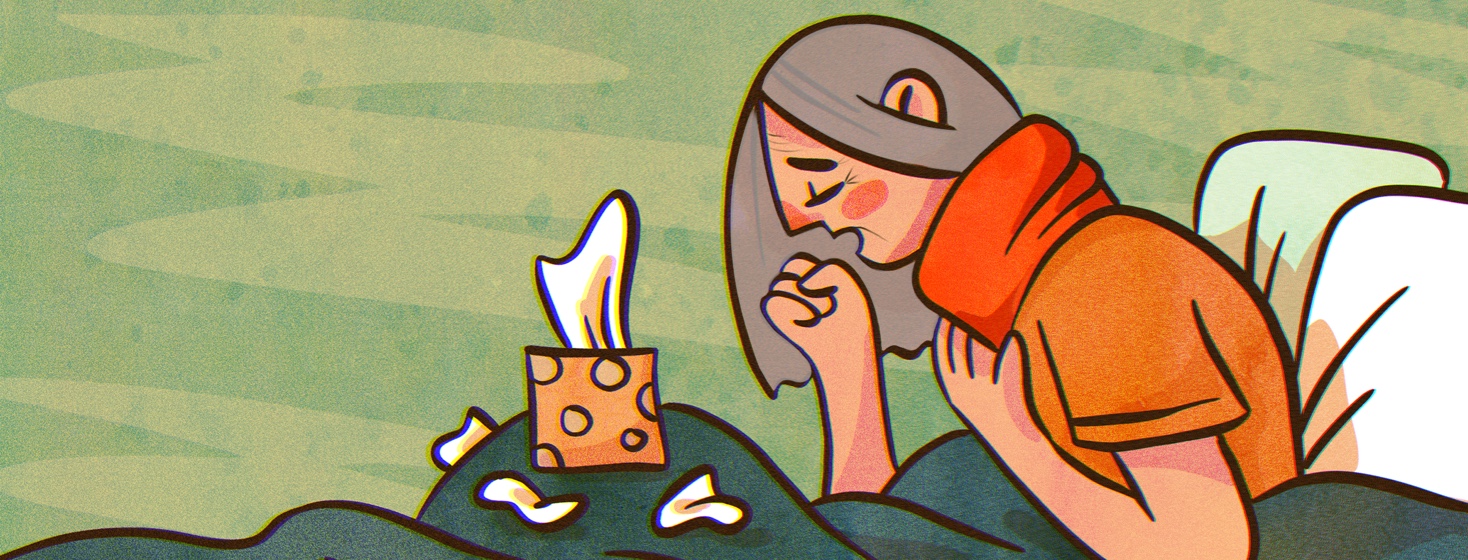Acute Exacerbations
Reviewed by: HU Medical Review Board | Last reviewed: October 2021 | Last updated: August 2023
A chronic obstructive pulmonary disorder (COPD) exacerbation happens when someone’s symptoms suddenly get much worse than normal. Exacerbations are also called COPD attacks or flare-ups.1
What are the signs of a COPD flare-up?
During a flare-up, someone with COPD may have a lot of their normal symptoms, but they are more severe. Signs of a flare-up include:1,2
- Coughing more often
- Feeling more breathless than normal
- Change in color or amount of mucus you cough up
- Using a rescue inhaler more often
- Feeling very tired
- Wheezing more than normal
If you believe you may be having a flare-up, getting help early may prevent going to the hospital. It is usually a good idea to discuss a plan with your doctor ahead of time in case of a flare-up. This can help you know what steps to take if you start showing signs.1,2
Some symptoms can be a sign of serious problems and need immediate medical attention. Get immediate medical help for these warning signs:1,2
- Severe breathlessness or chest pain
- Feeling confused or disoriented
- Blue lips or fingertips
What causes flare-ups?
The most common cause of a flare-up is an infection in the lungs or airways. These infections can be caused by viruses or bacteria. Some infections that may cause flare-ups are the flu, pneumonia, or even a cold.1,3
Other possible causes of flare-ups include:1,2
- Exposure to air pollution or other irritants
- Allergies
- Asthma attack
It is not always clear what has caused a flare-up. Sometimes they can happen without any obvious cause.1,2
What are your treatment options?
The treatment for a flare-up depends on how serious it is. Some COPD flare-ups can be treated at home, but some require hospitalization.2
Your doctor will be able to best identify how to treat a flare-up. Treatment at home may include rescue inhalers, antibiotics, or steroids. Rescue inhalers are also called bronchodilators. These inhalers work by relaxing the muscles around the airways.3
Steroids can prevent flare-ups from getting worse. They may be taken as pills or given through the vein (intravenous, IV). Antibiotics fight infections caused by bacteria, which may be the root cause of a flare-up.1,3
COPD attacks can be dangerous. They can even lead to lung failure if they are not treated in the right way. At-home treatment may not work well enough to relieve the symptoms. If you have COPD and are having severe trouble breathing or showing other worrying symptoms, contact your doctor right away and possibly go to the emergency room.1,2
If the COPD attack is very severe, you may need to spend time in the hospital to receive treatment. At the hospital, chest X-rays and blood tests help doctors decide the best way to treat the flare-up. While in the hospital, you may be treated with:2,3
- IV medicines and antibiotics
- Supplemental oxygen
- Ventilator to help with breathing
How can you prevent a flare-up?
The best way to manage COPD flare-ups is to prevent them. Because they are commonly caused by infections, preventing infections can be very effective. You can prevent infections by:2
- Staying up-to-date on vaccines like those for the flu or pneumonia
- Avoiding people who are sick
- Washing your hands frequently and thoroughly
If you smoke, quitting can prevent flare-ups and your COPD from getting worse. Some medicines, like daily controller inhalers, are also very important to prevent flare-ups or keep them from becoming very serious.3
